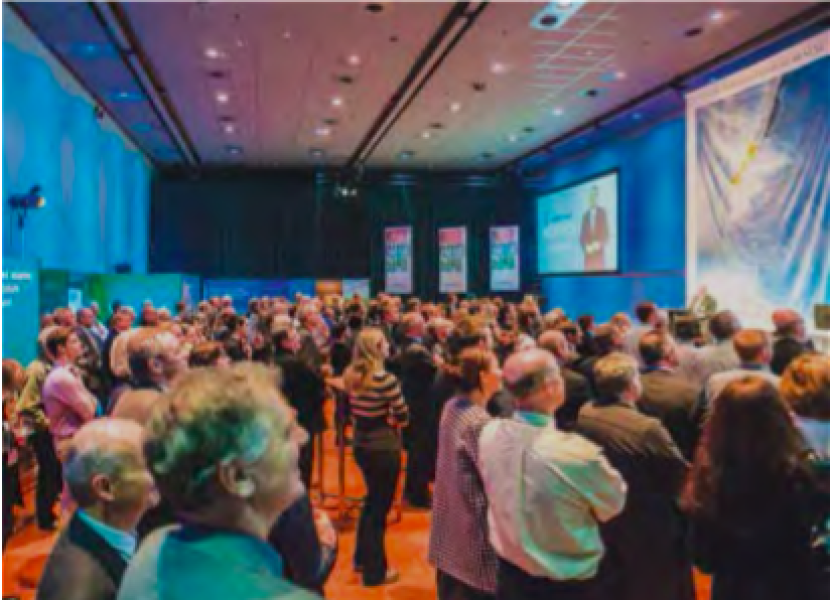NIWA has working relationships with hundreds of organisations in New Zealand and overseas. Most of NIWA’s revenue is from contestable research funding and commercial consultancy work.
Revenue sources
In 2022-2023, NIWA’s total revenue, including interest income, was $186.0 million.
Our main revenue sources were:
- Ministry of Business, Innovation and Employment: 54%
- Private sector 20%
- Ministry for Primary Industries: 12%
The remaining 14% of NIWA's funding came from a mix of work for organisations including local and central government.
Partnering with Māori
"Ki te pūwaha te tai nei, hoea tahi tātou"
"By paddling as one we can get the Taihoro Nukurangi canoe past the waves to calmer waters"
NIWA's aim is to have enduring partnerships with Māori to support kaitiakitanga and provide environmental research that enhances the social, cultural, enfiromental and economic outcomes for whānau, hapū and iwi, and Māori businesses.
NIWA has a successful track record in working with Māori across climate, freshwater and ocean environments. Te Kūwaha, a unique team of NIWA researchers, help to combine our scientific expertise with their expertise in mātauranga Māori and tikanga Māori. They work at the interface of knowledge systems to generate fit-for-purpose methodologies, tools and products required by Māori as kaitiaki, resource owners, managers and decision makers.
See Te Kūwaha, our Māori environmental research centre.
Working with others
NIWA’s aim is to enhance our collaborations with Māori, other national and international science organisations and stakeholders to deliver excellent science that meets New Zealand’s needs. We work with our fellow Crown Research Institutes and New Zealand universities; and research institutes and universities worldwide as well as the public and private sector to achieve this. We host two of the 11 National Science Challenges, Deep South and Sustainable Seas, and are involved in four other Challenges. These are cross-disciplinary, mission-led programmes designed to tackle New Zealand's biggest science challenges. They require collaboration between researchers from CRIs, universities and other institutions, businesses and non-government organisations.
- GNS Science — hosts of the Natural Hazards Research Platform, joint-venture partners in the RiskScape tool, and have a complementary hazards-oriented platform.
- The Climate Change Research Institute of Victoria University of Wellington for collaboration on, and dissemination of, climate change science and adaptation and mitigation approaches.
- Antarctica New Zealand — critical for the annual operational programme for Antarctic research.
- NZ Met Service — for contributing data to the climate database, collaboration on atmospheric measurements, and the popular promotion of weather and climate.
- Scion and Fire Emergency New Zealand — collaborators in developing and implementing the Fire Weather Monitoring System.

